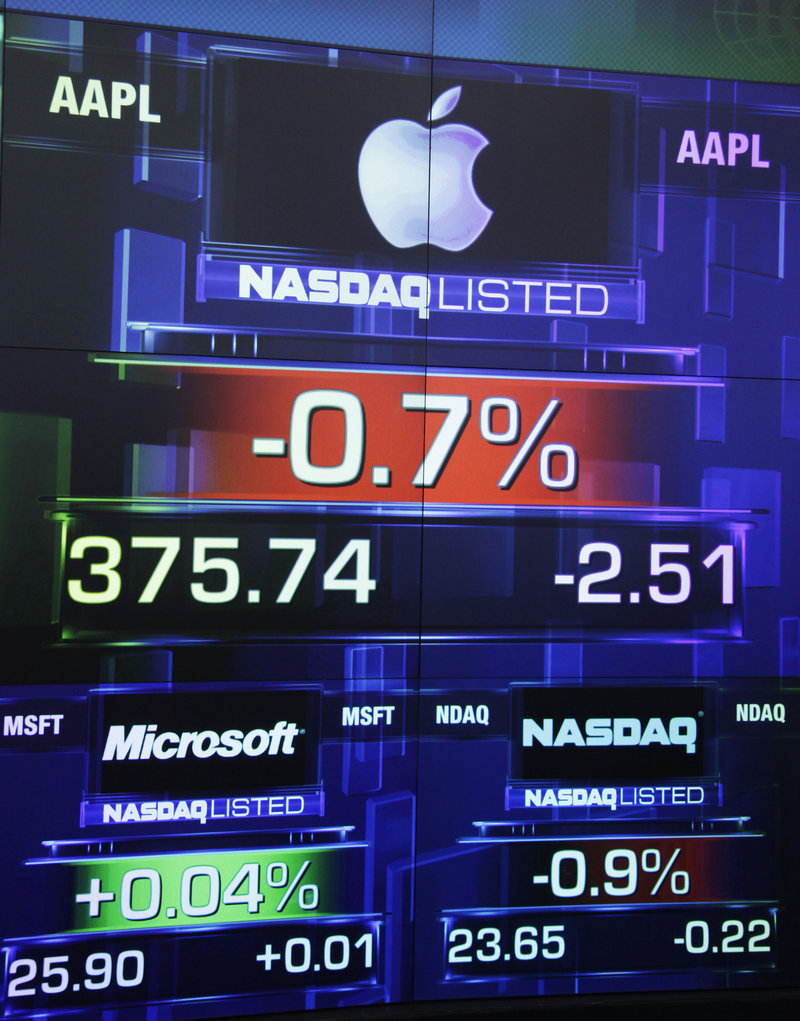SAN FRANCISCO – Apple Inc. now has to get down to the business of outliving its founder.
It’s something that Apple — and Steve Jobs himself — had been painstakingly planning for years.
Deep inside its sprawling Cupertino, Calif., campus, one of the world’s most successful and secretive companies has had a team of experts hard at work on a closely guarded project.
But it isn’t a cool new gadget. It’s an executive training program called Apple University that Jobs considered vital to the company’s future: teaching Apple executives to think like him.
“Steve was looking to his legacy. The idea was to take what is unique about Apple and create a forum that can impart that DNA to future generations of Apple employees,” said a former Apple executive who spoke on condition of anonymity. “No other company has a university charged with probing so deeply into the roots of what makes the company so successful.”
Jobs oversaw the most remarkable corporate turnaround in Silicon Valley history after returning to Apple in 1997. For more than a decade, he was behind every crucial decision as Apple rolled out blockbuster hits from the iPod to the iPad, changing how people listen to music and watch entertainment, reshaping entire industries and making Apple the world’s most valuable tech company.
The challenge of maintaining that momentum came into sharp focus Tuesday when Apple’s newly minted chief executive Tim Cook took Jobs’ place on stage to show off an updated version of the world’s best-selling smartphone. Without its master pitchman, Apple didn’t get the kind of adulation for the iPhone’s new features to which it’s accustomed.
People familiar with Apple University say Jobs personally recruited the dean of Yale’s business school in 2008 to run it. Joel Podolny’s assignment: Help Apple internalize the thoughts of its visionary founder to prepare for the day when he’s not around anymore.
“One of the things that Steve Jobs understood very well is that Apple is like no other company on the planet,” said longtime Apple analyst Tim Bajarin. “It became pretty clear that Apple needed a set of educational materials so that Apple employees could learn to think and make decisions as if they were Steve Jobs.”
Podolny tasked leading business professors including Harvard University’s Richard Tedlow, who wrote a biography of former Intel chief Andy Grove, with researching the company’s major decisions and the top executives who make them. Those executives have used those case studies to teach courses that groom the company’s next generation of leaders.
Analysts say Jobs drew inspiration for the university from Bill Hewlett and David Packard, whose greatest creation was not the pocket calculator or the minicomputer, but Hewlett-Packard Co. itself. Hewlett and Packard famously set out their company’s core values in “The HP Way.”
With Apple University, Jobs was trying to achieve something similar. He identified tenets that he believes unleash innovation and sustain success at Apple — accountability, attention to detail, perfectionism, simplicity, secrecy. And he oversaw the creation of university-caliber courses that demonstrate how those principles translate into business strategies and operating practices.
Send questions/comments to the editors.



Success. Please wait for the page to reload. If the page does not reload within 5 seconds, please refresh the page.
Enter your email and password to access comments.
Hi, to comment on stories you must . This profile is in addition to your subscription and website login.
Already have a commenting profile? .
Invalid username/password.
Please check your email to confirm and complete your registration.
Only subscribers are eligible to post comments. Please subscribe or login first for digital access. Here’s why.
Use the form below to reset your password. When you've submitted your account email, we will send an email with a reset code.